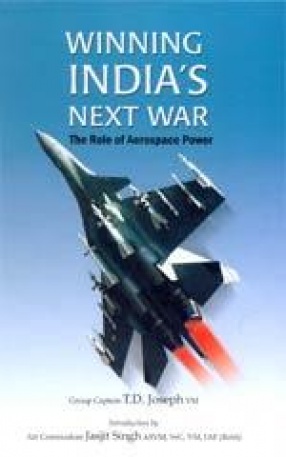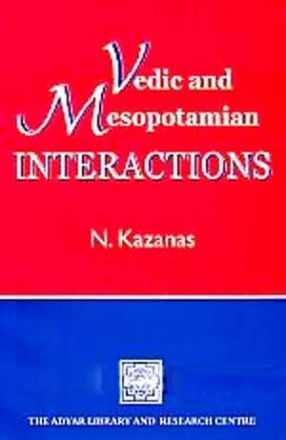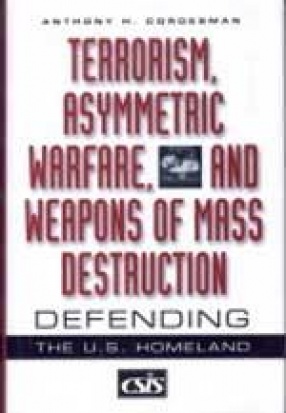Two recent experiences clearly highlight the core issues involved in our wars and the role of aerospace power in our national defence: the war in the kargil sector during the summer of 1999, and the 10-month military mobilisation to initiate military action against Pakistan as a consequence of the terrorist attack on our Parliament on December 13, 2001 -our 13/12. The former was the first war since India and Pakistan formally declared their nuclear weapon status after the tests in May 1998. And the latter was clearly the first serious attempt at coercing Pakistan with the potential threat of launching a war. But before we examine these, it would be useful to look at some basic factors and principles affecting modern wars and aerospace power. Within a century from its inception, air power (and now increasingly aerospace power) has acquired a dominate role in the foreign policy of nations in wars and use of force not necessarily leading to war. In spite of some enthusiasts claiming otherwise, aerospace power cannot win a war by itself’ but it is also true that no modern war can be won without it. In fact, neither the ground forces nor the naval forces can win wars by themselves, especially where hostile air power exists and is used, however poorly. Such situations do not, and are not likely to, exist in the foreseeable future in our context and we will have to contend with robust hostile air and space power in the future. Planning for, and gaining, air dominance, therefore, would remain a strategic priority to win our future wars.
Vedic and Mesopotamian Interactions
$10.80
$12.00





There are no reviews yet.